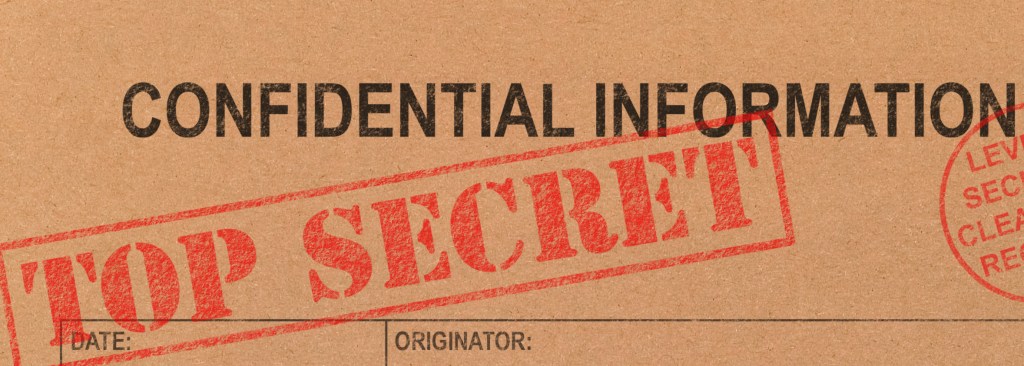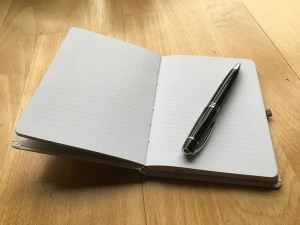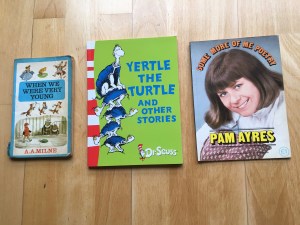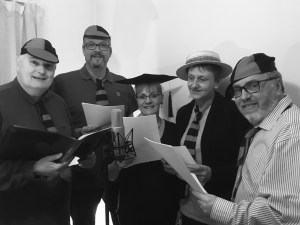Many years ago, I compiled a secret document … and hid it in a file on my computer.
I gave it a mundane title so that no one in a million years would think to open it, and squirreled the file away in a folder that was packed with workaday bits and pieces.

But what was this covertly crafted secret, stashed away in an anonymous corner of my desktop?
- The details of a secret plot to buy up the world’s resources of chocolate as a means of gaining control over an army of sugar addicts?
- An unconventional cure for ‘drums disease’ (that one’s for another time!!) that would make me billions, and which I had to conceal from big business competition?
- Classified plans for the world’s first invisibility jet pack?

No, no, and nope.
It was, quite simply, a set of rules for life. It’s real title was ‘My World’. I added to it over many years, creating a sort of ‘guide to the universe’.
The reason I did this was because, at the time, my beliefs, tenets – in fact my whole perception of what I felt the world should be – was being undermined, scorned, dismissed or contradicted. So, as an act of survival, I collated my thoughts in a safe place where they could be free of criticism. I re-read the document every now and then to remind myself that what I believed in had value.

I rediscovered ‘My World’ recently (proof I did a good job of hiding it!) and it really struck me how normal and innocuous these hopes and beliefs were. And then it made me sad that I’d had to record such basic principles clandestinely in order to keep myself sane, and reassure myself that my blueprint for life was – actually – perfectly OK.
I also realised that, if I may say it myself, it was a document worth sharing.
So here it is. An alliterative, alphabetical life map which got me through some dark days. It’s nice to be able to put it out into the open.

MY WORLD
In my world …
Ambition is celebrated and nurtured, nobody is afraid to show Affection and everybody Accepts each other ‘just as they are’. Being Able to Admit when one is wrong is held in high regard. And it’s ok to be Angry and show it, WITHOUT condemnation. Anger that motivates Action is respected as a sign of passion and character.
Beautiful things are noticed and treasured. The Baiting of others in order to give yourself the opportunity to hurt them harder is regarded as a very low practice indeed. Books are absorbed and used as tools for self-change – and are not just spouted forth at others.

Creativity is encouraged and fostered, Conscientiousness is the norm, everybody has a strong social Conscience – and all the simple joys in life are Celebrated heartily … but a healthy Cynicism is always present. Credit where Credit is due … and not where it isn’t. Comfort and Compromise are given freely – and nobody wants to be Cruel.
Dreaming is compulsory! “You’ve got to have your Dreams; if you don’t have your Dreams, how you’re gonna make your Dreams come true?”
Expectations are high, and a child-like Excitement for life is maintained into adulthood.
Friends meet regularly; Fools are not suffered gladly.

Generosity is freely and graciously given; when you want something, don’t just sit there waiting for it to come to you – Go Get it! … and everyone has a bit of Get up and Go for the everyday things, too. Graciousness – and Grace – are treasured virtues.
Hopefulness is all around, Hospitality is given generously and with pride – and Humility is not difficult. Hypocrisy is outlawed.
Immaturity is only seen in the young.
Joy is to be found everywhere … you Just have to look for it. Justice will prevail!
Kindness is liberally bestowed.
Love is deep, rich – and passionately interested in the life and situation of the loved one. Listening attentively to others is considered the Least you can do!

Mistakes are acknowledged with grace – and without blaming anyone or anything else. Self-appointed Martyrdom is definitely not becoming in a person!
N … nobody is afraid to say “No”.
O Being Organised is a virtue – no matter what the lazy, nor the so-called ‘free-spirited’ have to say about it.
Presents are given – and received – with grace and joy.
Questions are always asked …
Reliability – based upon compassion, intelligence and humility – is the norm.
Sincerity is habitual; “Sorry” is an easy word to say. Nothing is ever done out of Spite.
Trumpet blowing is encouraged! … Blowing your own – and blowing somebody else’s to give them a helping hand – are encouraged in equal measure.
Understanding of others comes easily … if not, an effort is made to achieve it.

Vigilance – that is, to always be on the lookout for acts of kindness that you can do for others – is the norm.
Where there’s a Will, there’s a Way … and nobody has to Wait to be asked (for assistance, comfort or affection). Admitting you are Wrong comes easily – and doesn’t stick in the throat. And if you are one of those people who Wants to stand up and change the World, you are free to do it Without derision.
X Everybody thinks ‘outside the box’.
Youthfulness of mind is always present.
Zeal is good!































